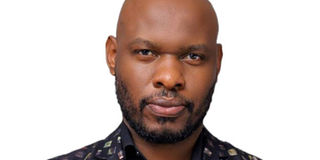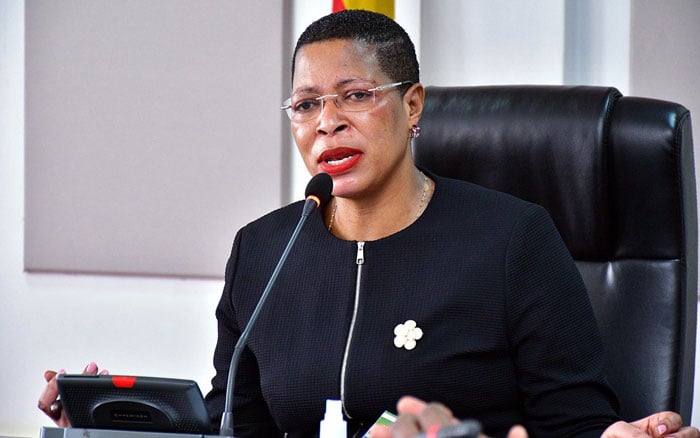Prime
Welcoming the US in corruption fight

Robert Kigongo
What you need to know:
‘‘For now some Ugandans are celebrating because they don’t know who else to turn to”
I recently listened to X Spaces about latest sanctions imposed on some Ugandan officials by the United States government, but my attention was drawn to the reactions.
The news about the US sanctions drew diverse opinions, with some stating that it is a witch-hunt against some individuals because of their role in the passing of the Anti-Homosexuality Act. Others who tuned into the X Spaces, however, welcomed the move by a foreign government to hold our leaders accountable.
This came on the backdrop of the US government announcing that it had imposed sanctions on five senior Ugandan officials at the end of last month over accusations of involvement in corruption or human rights abuses.
Among those affected by the sanctions is Speaker of Parliament Anita Among. Others include former minister of Karamoja Affairs Mary Goretti Kitutu, former State minister for Karamoja Affairs Agnes Nandutu, State minister for Finance Amos Lugoloobi, and the former deputy chief of the Uganda People’s Defence Forces, Lt Gen Peter Elwelu.
For the sceptical Ugandans who are asking themselves “why now?” a little background would help. On June 3, 2021, US President Joe Biden established the fight against corruption as a core US national security interest.
Accordingly, he directed his national security team to “lead the creation of a comprehensive strategy that, when implemented, would improve the US government’s ability to prevent corruption, more effectively combat illicit finance, better hold corrupt actors accountable, and strengthen the capacity of activists, investigative journalists, and others on the front lines of exposing corrupt acts”.
In announcing the strategy, Mr Biden acknowledged that “corruption is a cancer within the body of societies—a disease that eats at public trust and the ability of governments to deliver for their citizens”, adding that “it exacerbates social, political, and economic inequality and polarization; impedes the ability of states to respond to public health crises or to deliver quality education; degrades the business environment and economic opportunity; drives conflict; and undermines faith in government.”
I couldn’t agree more.
Uganda has enjoyed a strong relationship with the US that has spanned decades, and the latter invests close to $1 billion (about Shs4 trillion) annually to promote economic growth, to better health and education, and to strengthen security, among others.
And, I want to believe, it is in the same spirit that they extend the help to tackle corruption – in line with their national interests.
Uganda, and most African countries, have walked on the lonely road of combating corruption – and struggled – because many times the suspects are very powerful and connected individuals in our societies.
According to Transparency International 2023 Corruption Perceptions Index, Uganda scored 26 on a scale of zero (highly corrupt) to 100 (very clean).
The report further states, “When ranked by score, Uganda ranked 141st among the 180 countries in the Index, where the country ranked first is perceived to have the most honest public sector.”
So, instead of condemning allies who have come to help us fight against a cancer that has eaten up the fibre of our society, we need to welcome them – as long as their interests align with that of the Ugandan people. In this case dealing corruption a deadly blow. This should pass a message to our leaders that just as the public has lost faith in our public institutions, so have development partners and investors.
What our leaders need to work on now is restore faith in our public institutions so that next time any public official is sanctioned by a foreign government over alleged corruption, it will be Ugandans to rise up on their behalf and tell off the “foreigners”.
For now some Ugandans are celebrating because they don’t know who else to turn to.
For Uganda to be free from corruption, it must adhere to checks and balances, among other efforts, to keep healthier foreign relations with development partners such as the United States.
The writer, Robert Kigongo is a sustainable development analyst [email protected]




